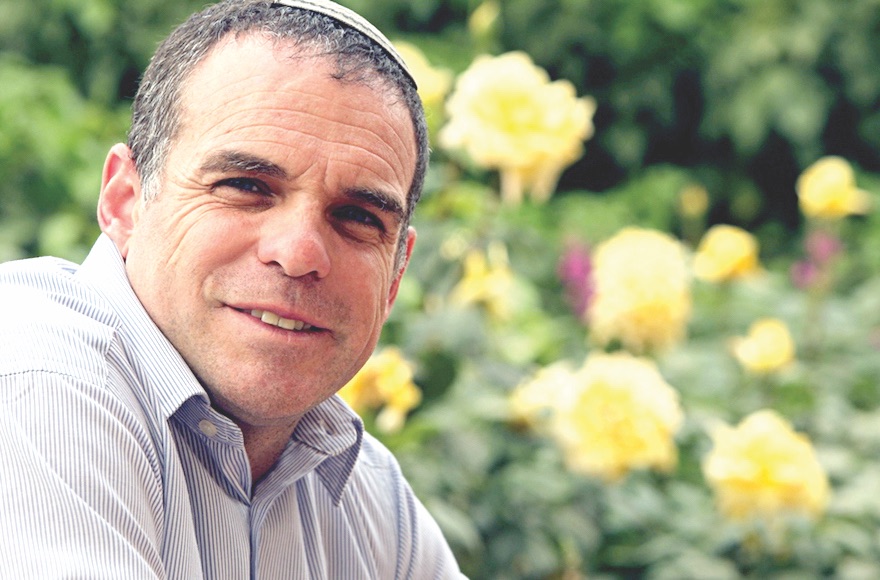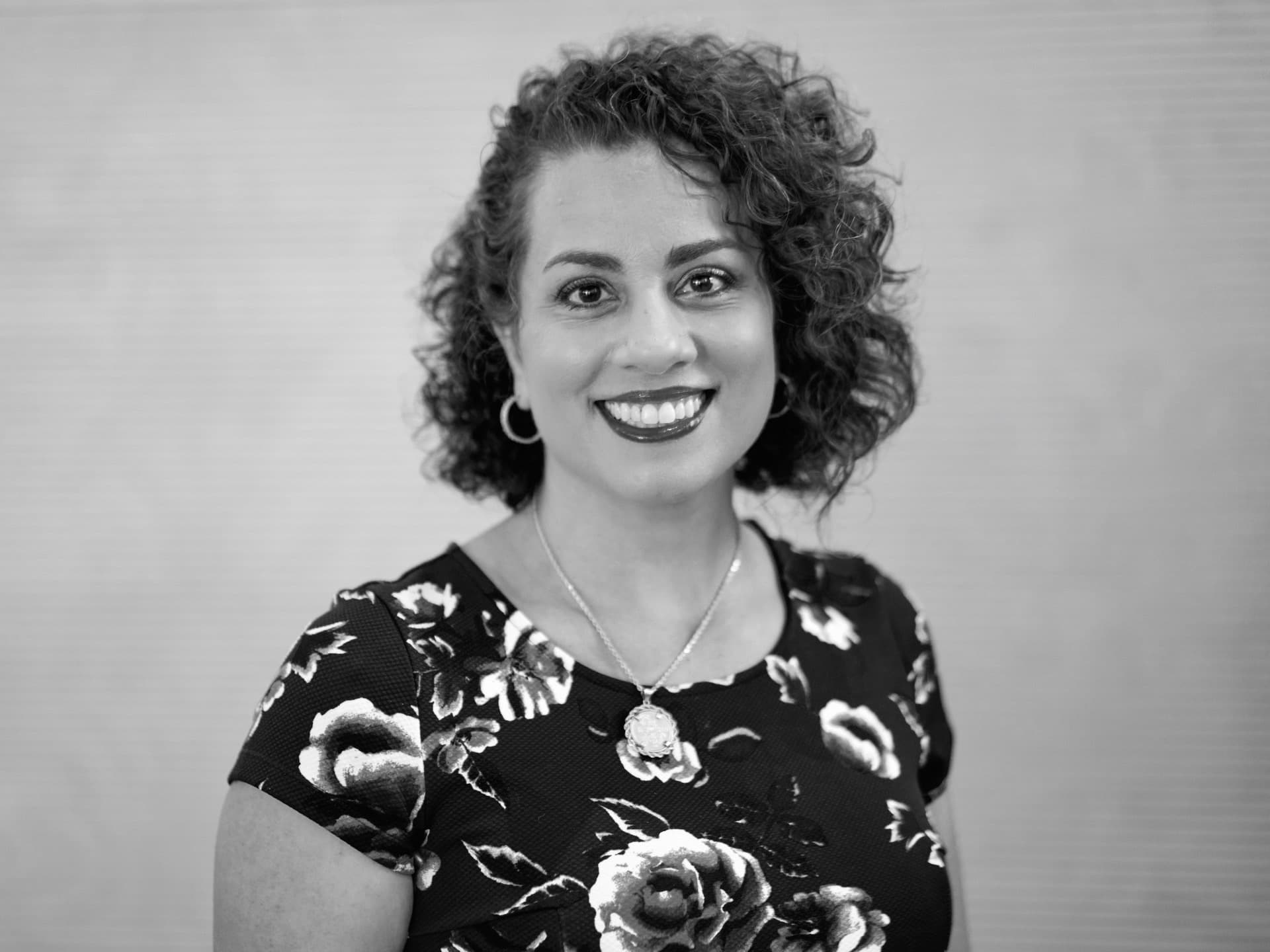 Oded Revivi. Photo by Yesha Council/JTA
Oded Revivi. Photo by Yesha Council/JTA For the first time in American history, a senior settler leader from Israel was formally invited to the inauguration of the president of the United States. This inauguration was, of course, that of Donald Trump, and the guest was Oded Revivi.
The affable Revivi, 49, serves as both chief foreign envoy of the Yesha Council (the official body representing more than 406,000 Israeli residents of Judea and Samaria) and mayor of Efrat, a modern Orthodox settlement town south of Jerusalem. He sat near the front to witness the swearing-in ceremony and now enjoys close ties with U.S. Ambassador to Israel David Friedman and Trump adviser on Israel Jason Greenblatt.
And while this is the first time an American administration has actively engaged settler leaders, Revivi is not sure Trump’s showering of goodwill on Israel, particularly with his announcement on moving the U.S. embassy to Jerusalem, will necessarily translate into rapid settlement expansion any time soon.
“The right wing in Israel, in my view, was too quick to celebrate the victory of President Trump,” Revivi told the Journal, speaking from his office in Efrat just hours before attending Vice President Mike Pence’s speech at the Knesset on Jan. 22. “They were right in celebrating the victory because the other option would be much worse, but the assumption that President Trump is Santa Claus who’ll be able to deliver everything we dream about was not grounded in reality.”
“The assumption that President Trump is Santa Claus who’ll be able to deliver everything we dream about was not grounded in reality.” — Oded Revivi
So far under the Trump administration, no new building permits have been granted for Efrat, although two new neighborhoods have been in construction in the past two years that will allow Efrat to grow from 10,000 residents to 16,000.
“In my understanding — and I’ve had quite a few meetings with the prime minister [Benjamin Netanyahu], and I try to understand what are American guidelines for building in Judea and Samaria — it seems to me President Trump said to the prime minister something along the lines of parents wanting a child to play nicely, when the parent says: ‘I know you know how to behave.’ The reaction of the child is to freeze in his place because he doesn’t know what his boundaries are.”
Revivi was elected in 2008 (and re-elected in 2013) by a constituency eager for Efrat’s expansion, but upon stepping into this new role after a decadeslong career as a lawyer, Revivi’s main task was to ensure Efrat was well-managed. Efrat is among the more socio-economically successful settlements.
The nature of Revivi’s role as mayor, as well as his fluent English, made him the natural successor to Dani Dayan, currently Consul General of Israel in New York. Revivi lived in the U.S. and England as a child while his parents served as Jewish Agency emissaries, and his wife is British.
Revivi takes nongovernmental organizations, congressmen, AIPAC representatives and other decision-makers throughout Efrat in part to dispel settler stereotypes.
“The vast majority of people living in Judea and Samaria move here for financial reasons, social reasons, not because of ideological reasons,” he said.
Himself included. He moved with his family in 1993 in large part for affordable housing, although that has changed in Efrat. Demand is high and real estate prices in Efrat now exceed those in many Jerusalem neighborhoods. Revivi believes quality of life for all, Jews and Arabs alike, should be the main factor in any discussion about peace in the region.
“That’s why we have to find a new approach, a new solution, which isn’t on the table in the moment,” Revivi said.























 More news and opinions than at a Shabbat dinner, right in your inbox.
More news and opinions than at a Shabbat dinner, right in your inbox.